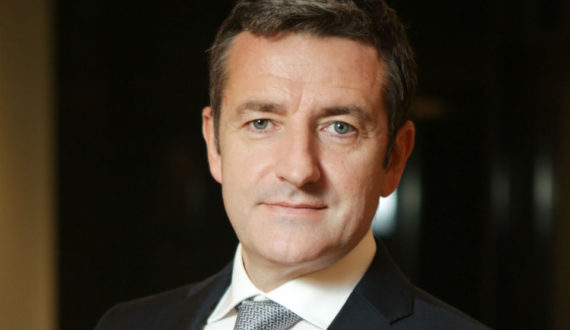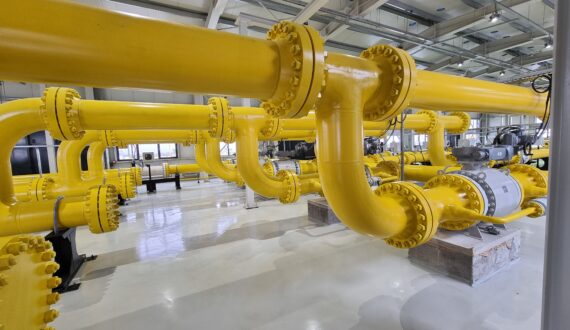From the first wave of industrialization in the 18th century, Adam Smith warned of the risk of people losing the significance of their work, risking it becoming an activity devoid of commitment and awareness. To some extent these things have happened and we often meet demotivated people who either write lines of code or supervise an automatic machine that makes a small part of an ensemble, or who lack the general perspective on the importance and social role of their effort. They are satisfied with the reasonable transactional relationship and with the fact that the income covers the rate at the bank. A context in which time managers choose who to dedicate and continuously optimize their work to their lifestyle, could be the change that would bring a leap in the value and quality of work, an ingredient that could be the missing piece today from the market economy puzzle. The Neo-liberal trend, now in conflict with nationalism and conservative politics, lacks such an ingredient to return to the firmament.
Whether this happens or not, this period, which I hope we will get through well and quickly, will leave behind a deep economic crisis, which will bring changes. But important changes do not come from economics or politics, they come from changing the way people think and feel, from their evolution. I can only hope that we learned what was to be learned, that we understood the extreme pressure of unnecessary acceleration, that we calmed our arrogance and had time to look within ourselves and understand that we are vulnerable, that solidarity it is important that leadership suffers and that involvement is needed.







